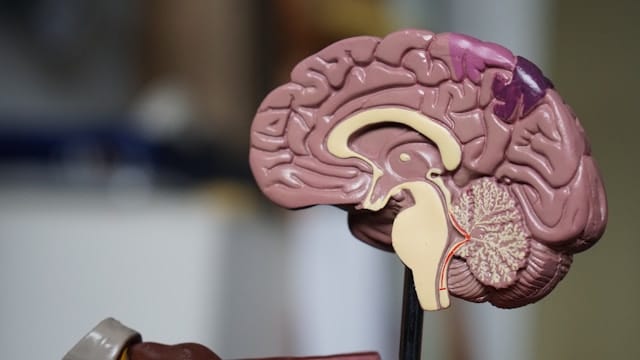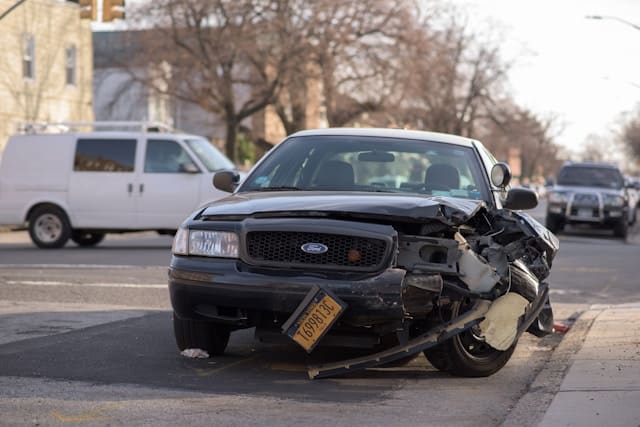Photo by Robina Weermeijer on Unsplash
What is Traumatic Brain Injury?
Getting into any type of motor vehicle accident can be terrifying and nerve-wracking. Traumatic Brain Injury (“TBI”) is one of the many personal injuries that may result from an auto accident.
TBI is caused by a blow or jolt to the head via a blunt or penetrating trauma.
The primary injury occurs at the moment of impact and can affect a specific lobe of the brain or the entire brain.
During the accident, the brain crashes back and forth inside of the skull, causing bleeding, bruising, and tearing of nerve fibers.
During the primary injury, the patient may be confused, may not remember what happened, and have blurry vision and dizziness.
Additionally, the brain can undergo secondary injury.
Secondary injury is usually more dangerous than primary. Secondary injury is where the brain swells and pushes against the skull reducing oxygen-rich blood.
Causes of a Traumatic Brain Injury
- Half of the related TBI-related hospitalizations are caused by falls.
- Firearm-related suicide is the most common cause of TBI-related deaths in the United States.
- Motor vehicle crashes and assaults are also very common ways TBI-related, and deaths occur.
- Falls and assaults with or without a weapon are other causes of TBI-related injuries.
For a given year, the number of TBIs via motor vehicle crashes was estimated to result in 218,936 emergency department visits, 58,864 hospitalizations, and 16,402 deaths.
Additionally, approximately 1.5 to 2 million adults and children in the United States suffer yearly TBI-related injuries.
Diagnosing a Traumatic Brain Injury
Please seek immediate medical assistance if you believe you may be suffering from a Traumatic Brain Injury.
The Glasgow Coma Score (GCS) is a 15-point test used to determine, assess, and grade a patient based on their level of consciousness.
The higher the GCS score is, the less severe the TBI is.
Mild TBI
A Mild TBI has a GCS score ranging from 13-15.
Within a mild TBI, the person is awake, and their eyes are open.
Symptoms include confusion, disorientation, memory loss, headaches, and possibly a brief loss of consciousness.
Moderate TBI
A Moderate TBI has a GCS score ranging from 9-12.
Within a moderate TBI, the person is lethargic, and their eyes are open to stimulation.
Symptoms include loss of consciousness which can last between 20 minutes to 6 hours, some brain swelling or bleeding inducing sleepiness, but is still arousable.i
Severe TBI
A severe TBI has a GCS score between 8 and below.
Within a severe TBI, the person is unconscious, and their eyes do not open even with stimulation. The loss of consciousness lasts for more than 6 hours.
Shalom Law, PLLC can help you receive the maximum compensation you deserve if you were diagnosed with a TBI!
If you or a loved one has been in an accident and are suffering from symptoms of a TBI as a result, please seek immediate medical attention.
Next, call an experienced Personal Injury Attorney. A TBI of any range, mild to severe, is extremely important to us. You will need an attorney on your side who knows how to best utilize your medical records to substantiate your claim for losses while navigating the evasive tactics of insurance companies.
The attorneys at Shalom Law can do just that. We are prepared to fight hard for you to ensure your rights are protected and you receive the maximum compensation you deserve.







